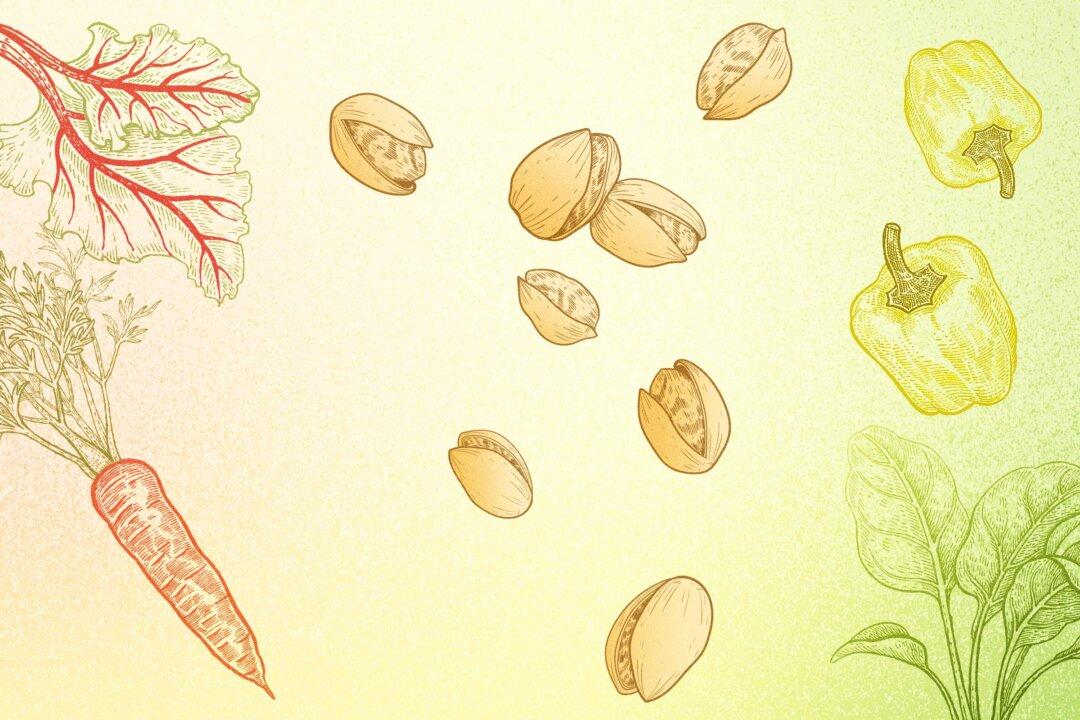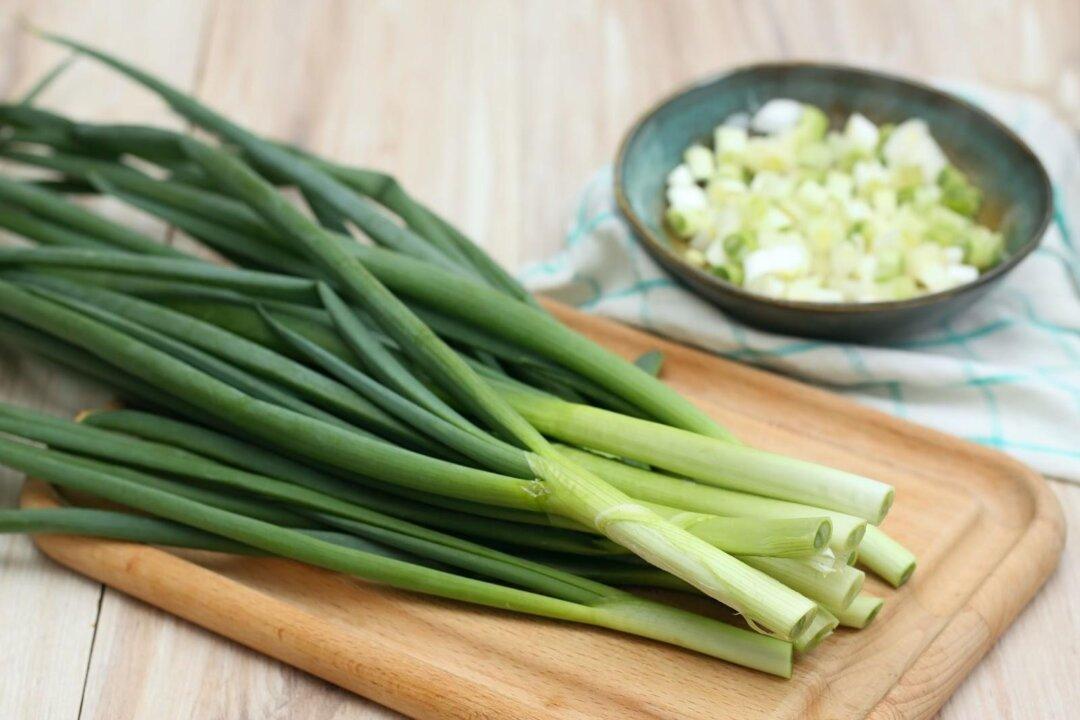In traditional Chinese medicine (TCM), gratitude is more than an emotional state—it is a practice that promotes the smooth flow of qi (vital energy), harmonizes the organs, and strengthens the body’s self-healing mechanisms. Modern research echoes this ancient wisdom. A Harvard University study published in JAMA Psychiatry found that gratitude is linked to increased longevity and a reduced risk of cardiovascular disease in older women.
According to TCM philosophy, emotions directly influence health, with gratitude fostering balance in the heart, spleen, and liver—organs that play a key role in circulation, digestion, and detoxification. When gratitude is cultivated, it reduces stress-related stagnation, supports cardiovascular health, and enhances overall vitality, potentially contributing to a longer life.
Scientific Evidence: How Gratitude Supports Longevity
The study analyzed data from nearly 50,000 women in the United States, with an average age of 79. Participants completed a questionnaire assessing their gratitude levels, and researchers tracked their health outcomes over four years.
The results showed that women with the highest gratitude scores had a 9 percent lower overall mortality risk. They also had a 15 percent lower risk of cardiovascular-related death, suggesting a strong protective effect on heart health. The benefits remained even after adjusting for factors such as social engagement, religious involvement, cognitive function, and overall well-being.
These findings align with previous research. A 2016 study published in Psychosomatic Medicine found that practicing gratitude was associated with lower levels of inflammatory markers, such as C-reactive protein, which is linked to heart disease and other chronic illnesses.






